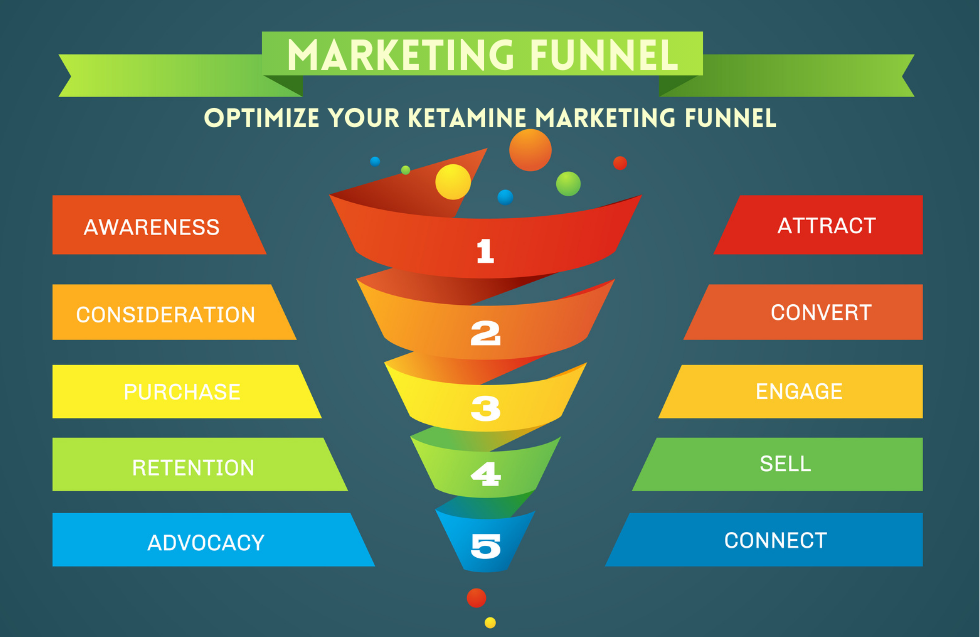Engineering is one of the top careers in the United States, but it comes with a hefty price. First, you will have to endure a lengthy training journey to licensing, but that’s not where your training or educational journey ends. After getting licensed, you will have to keep your knowledge and skills current by completing PDH courses.
These come as either timed or untimed courses, so it’s important to choose the format that works best for you. Wondering how to do that? Read on to find out.
First, What Are Engineering PDH Courses?
Engineering PDH (Professional Development Hours) courses are simply continuing education courses that professionals (typically in engineering) have to complete to fulfil their licensing requirements. These courses are designed to help you, as an engineer, remain current on different subjects such as codes, industry standards, and the various regulations that guide your practice.
It’s usually a good idea to invest in top-of-the-range PDH Engineering courses from a top-rated provider like RocketCert to maintain your knowledge and skills, thus keeping your license valid. Consider visiting your state licensing board’s website to learn more about the minimum PDH requirements and the accepted courses.
Choosing Between Timed and Untimed PDH Courses
As you shop for the best state-approved PDH courses for maintaining licensing, you will need to decide between timed and untimed options. This decision can be a little bit confusing, so here’s what you should know about these two PDH course formats.
What Are Timed PDH Courses?
The simplest definition of timed PDH courses is the continuing education courses for engineers that require you to spend a predetermined amount of time on course materials. The main objective of this type of PDH content is to ensure you meet state licensing requirements while helping you maintain consistent learning standards.
A timed PDH course will track the time you spend engaging with the content. That way, you will remain focused on meeting the mandatory time requirements. In most cases, timed PDH courses are state-approved courses that include the mandatory topics you should take when renewing your licence.
How About Untimed PDH Courses?
Untimed PDH courses, in contrast, are the continuing education courses you take at a pace that suits you best. These are ideal for engineers who may have unpredictable schedules, and thus they need to fit their continuous learning around such schedules.
Such courses are also approved by the licensing board of engineers in your state, which means they contain the content required for licence renewal processes. However, a majority of these courses also include additional content, making them ideal for professionals who love exploring various types of content just to enhance their knowledge.
So, Which Option Is The Best?
When deciding between timed and untimed PDH courses, your decision should depend purely on your priorities.
If you are close to the renewal deadline and thus need a guaranteed way to meet state licence renewal requirements, you should consider opting for timed PDH courses. Thanks to the structured content and timed courses, you can stay on track to avoid missing deadlines.
On the other hand, untimed PDH courses are great if you’ve started the license renewal process at the earliest possible moment. This means you have more than enough time to learn and explore various types of content that enhance your knowledge in engineering.
Untimed PDH courses typically offer greater potential for a deeper understanding of concepts, but one of the main challenges is that they require a lot of self-discipline.
Enjoy the Benefits of Studying at Your Own Pace
Flexible PDH courses are an amazing offering for engineers who want to balance their continued learning commitment with other responsibilities or daily activities. While they might not work for everyone, the success rate of these courses is high, thanks to the great contribution they make to your career success.
Wondering where to get such courses? Worry not. RocketCert has expertly written and fully narrated online PDH courses that are also self-paced. With these, you can finally shape the future of your engineering career.













